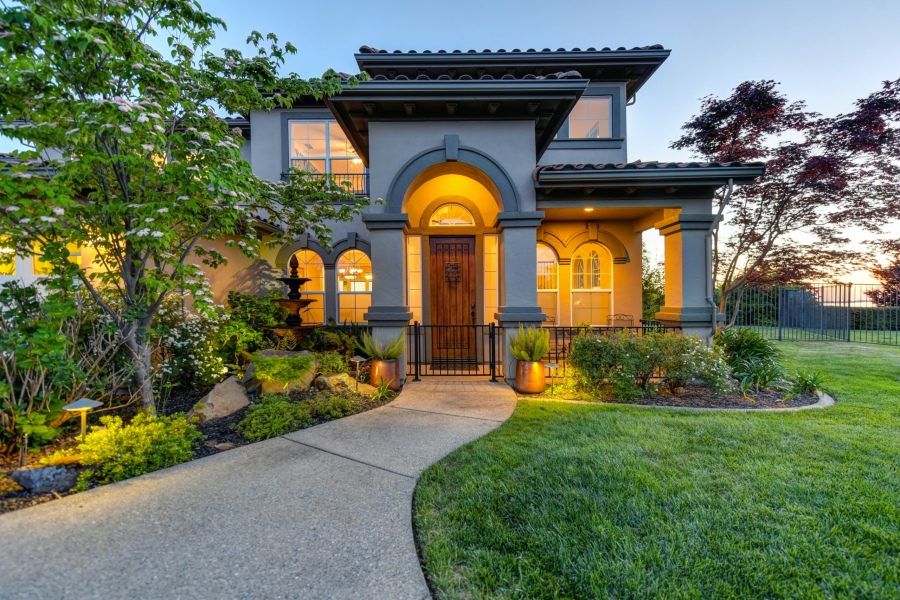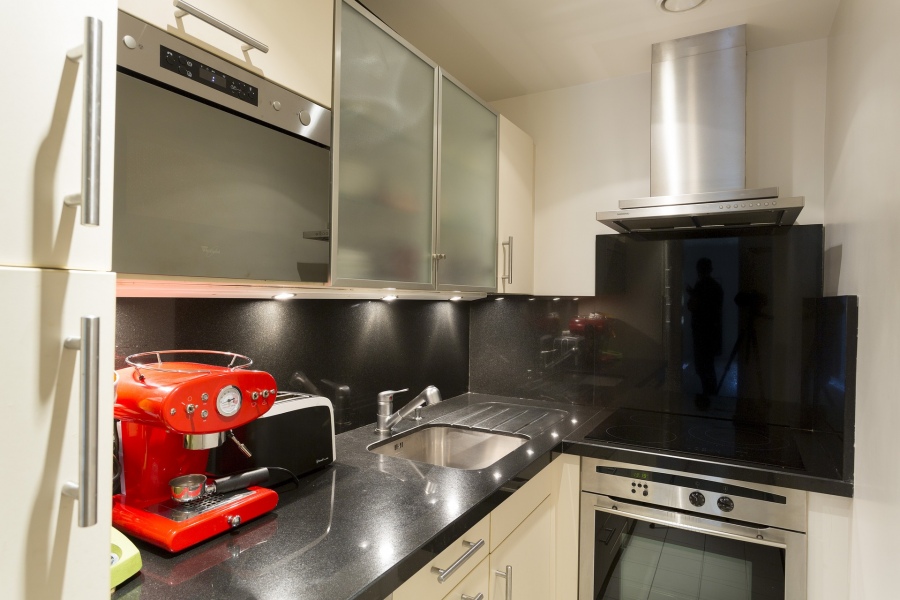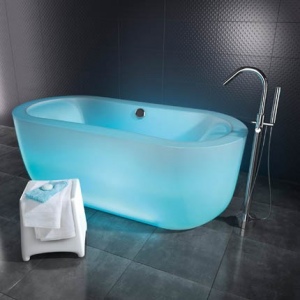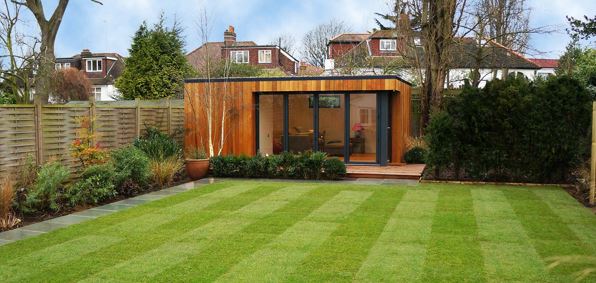Today in the U.S. there are up to 46 million homes already under-insulated. Not only is insulation cost-effective, but long lasting and an effective way to save on energy usage. Materials used include fibre glass, rook wool and slag wool. It comes in the form of batt or blown-in insulation. Very easy to used and encourages energy efficiency in homes.
In addition to improving energy efficiency, insulation also:
- Makes a much more comfortable living condition
- Promotes a healthier environment
- Provides added sound control
- Reduces energy costs at home
- Promotes the idea of energy saving
Things to consider when choosing an insulation product include:
- Ease of application
- Thermal performance
- Value
- Climate conditions
Of course when making a decision on an insulation product, you cannot overlook any safety concerns or the performance over the life span of the product.

Energy Efficiency
These days insulation is the most successful and important package when it comes to energy efficiency. Without insulation, other products that are also energy-efficient might not give their best performance. Aerolite insulation, rock wool or slag wool insulators are all cost-effective since they have a commendable impact on heating and cooling needs around the house.
Acoustics
One added advantage of aerolite insulation is soundproofing. Some types of insulation come with this added bonus. So not only it keeps your house cooler (or warmer) but it also keeps it quieter. It is an excellent option for consumers who are looking to eliminate or control noises and makes for an even more comfortable living. Not only is it comfortable but it comes with a great value too.
Thermal Comfort and Heat Control
Rock wool, slag wool and aerolite insulation are all very efficient types of insulators. We all know that heat is a form of energy always looking for a cooler area. In the winters, heat tends to escape your home and in the summer, no matter how uninvited, it enters your home. Insulation basically controls this heat flow keeping it out during the summers and preventing the escape during winters.
Moisture Control
Insulation sometimes comes attached with a vapour-resistant membrane, which is more commonly known as a vapour retarder. It reduces the moisture vapour from condensation i.e. water forming inside the house.





